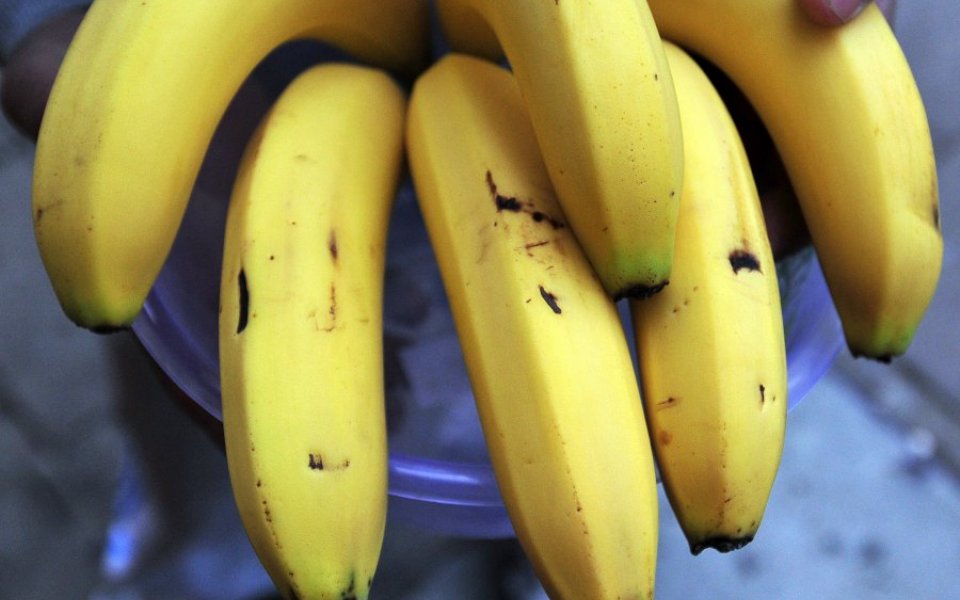How to stop disease spreading: The humble banana could contain a miracle cure for all deadly viruses, including HIV, Hepatitis – and the flu

The world is going to need a lot of bananas in the future. Scientists have found a way to edit the fruit's genes to protect our cells against deadly viruses, with the hope that one day this could lead to the creation of a whole new generation of medicines.
By interfering with the DNA code for a single protein called Banana Lectin (BanLec), researchers at the University of Michigan managed to stop some of the most dangerous viruses from entering mouse cells, and the result was complete protection against Hepatitis C, HIV, influenza and more.
The discovery is a huge step forward in a world where there is a serious lack of antiviral drugs that protect us against these diseases. “Better flu treatments are desperately needed," explained David Markovitz, one of the lead scientists in the study.
Tamiflu is only modestly effective, especially in critically ill patients, and influenza can develop resistance to it. But we also hope that BanLec could become useful in situations such as emergency pandemic response, and military settings, where the precise cause of an infection is unknown but a viral cause is suspected.
BanLec works by attaching to a “sugar code” on the surface of a cell, which triggers changes so viruses can't enter the cell or hijack its machinery to replicate – the events that usually occur at the start of a viral infection. Details are published in the journal Cell.
Read more: Ebola is mutating and could become more contagious, say scientists
The discovery has been a long time coming – a team from all over Europe worked for 26 years to arrive at this point with the BanLec. They had already shown that it prevented viruses entering cells, but until now there had always been very negative side effects. By genetically editing BanLec, they have achieved symptom-free prevention.
That said, there are still hurdles for the team to jump before we can all start popping pills that keep us virus-free all year round. First of all, they need to show the BanLec can achieve the same effects in human cells.
"What we've done is exciting because there is potential for BanLec to develop into a broad spectrum antiviral agent, something that is not clinically available to physicians and patients right now," Markovitz added.